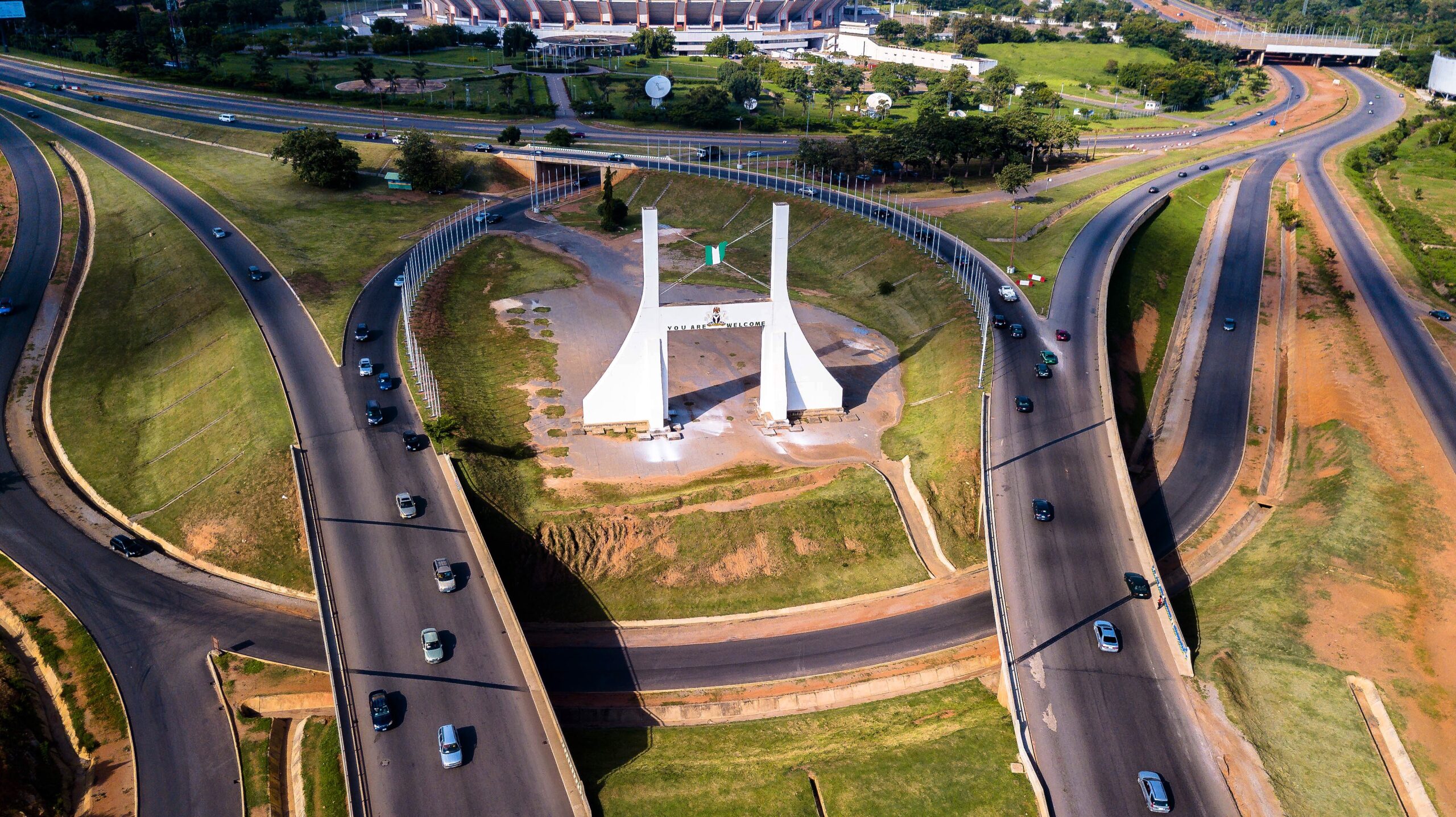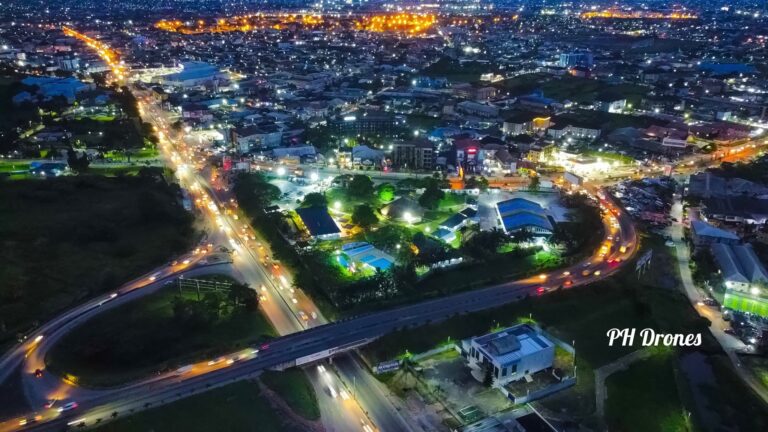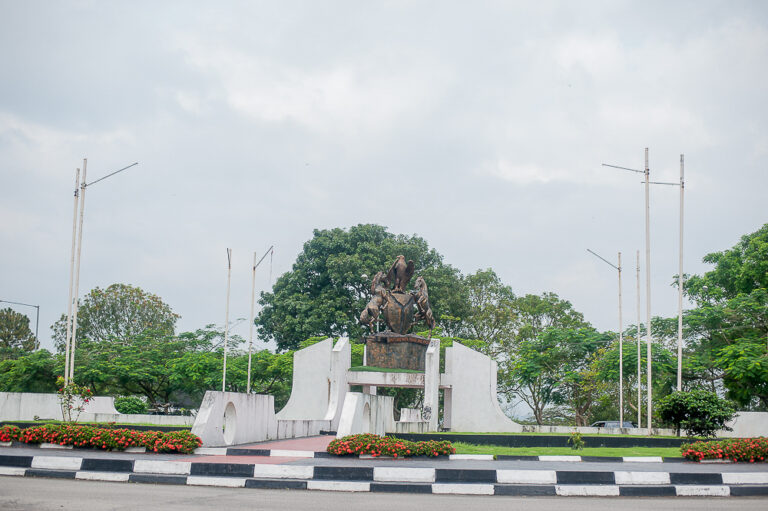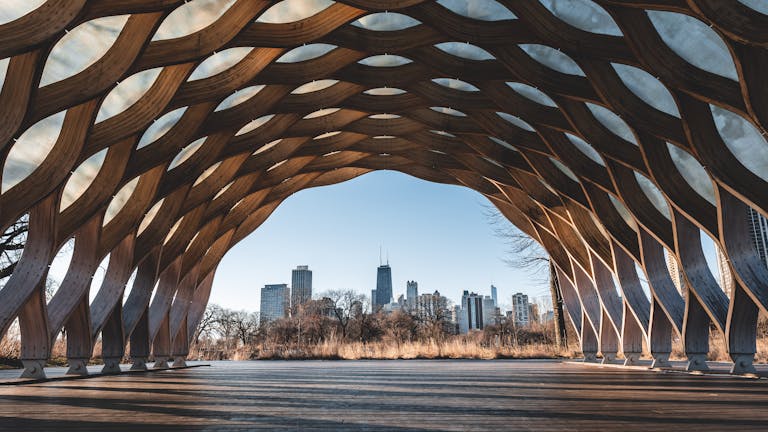10 Interesting Facts About Abuja
As the capital of Nigeria, Abuja is a modern marvel representing the country’s cultural diversity, political power, and rapid growth. While its significance as the seat of government is well-known, numerous fascinating facts about this city make it truly unique. Abuja is a city full of surprises. In this article, we shed light on ten interesting facts that highlight the charm and appeal of Abuja.
Covers More Land Than Some Nigerian States

Abuja’s Federal Capital Territory (FCT) covers 7,315 square kilometers, larger than some Nigerian states like Lagos and Ekiti. This vast expanse gives the city ample space for expansion and development and contributes to its rapid urbanization. The city’s extensive land area also accommodates millions of residents.
One of the Fastest-Growing Cities in Africa
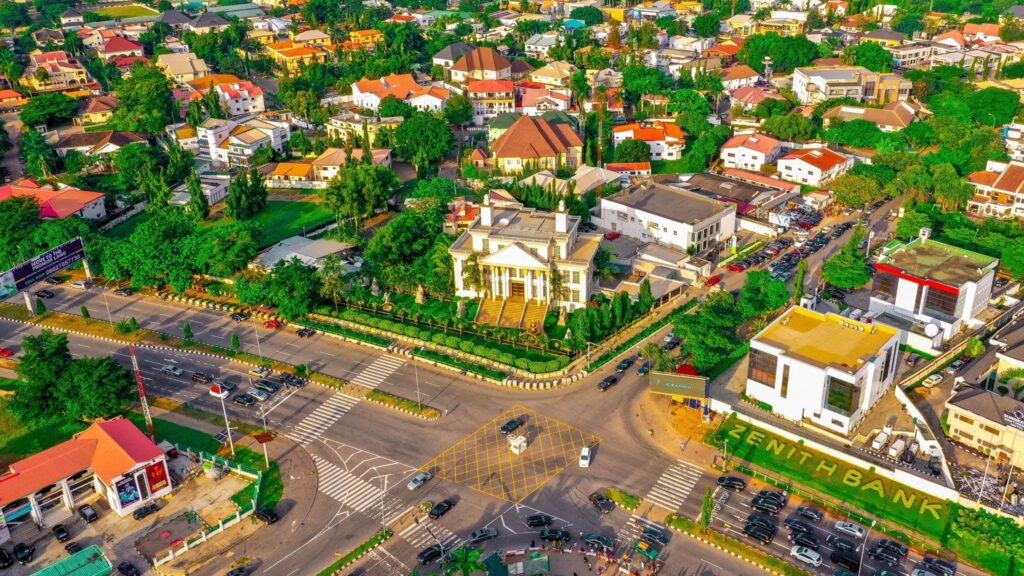
Over the past two decades, Abuja has experienced one of the fastest population growths in Africa. In 2006, the city’s population was around 800,000; however, by 2024, it had surged to over 4 million. Abuja’s status as the political capital of Nigeria, combined with its infrastructural development, attracts people from all corners of the country.
Has a Rock Watching Over Its Government

Standing 400 meters tall, Aso Rock is one of the most known landmarks in Abuja. Located near the Nigerian Presidential Villa, its sheer size and grandeur make it a dominant feature of the city’s landscape, visible from various parts. Geologists believe the rock is over 600 million years old, which adds to its mystique and historical significance.
Known for a Rock with a Human Face

Located just outside Abuja, Zuma Rock is another fascinating natural feature. This monolithic rock is known for its distinctive face-like contours, which have intrigued locals and visitors for centuries. According to local folklore, the rock once belonged to spirits that protected the region. The Gwari people consider Zuma Rock a sacred site, and several myths surround its origins.
It has the Largest Mosque in Nigeria
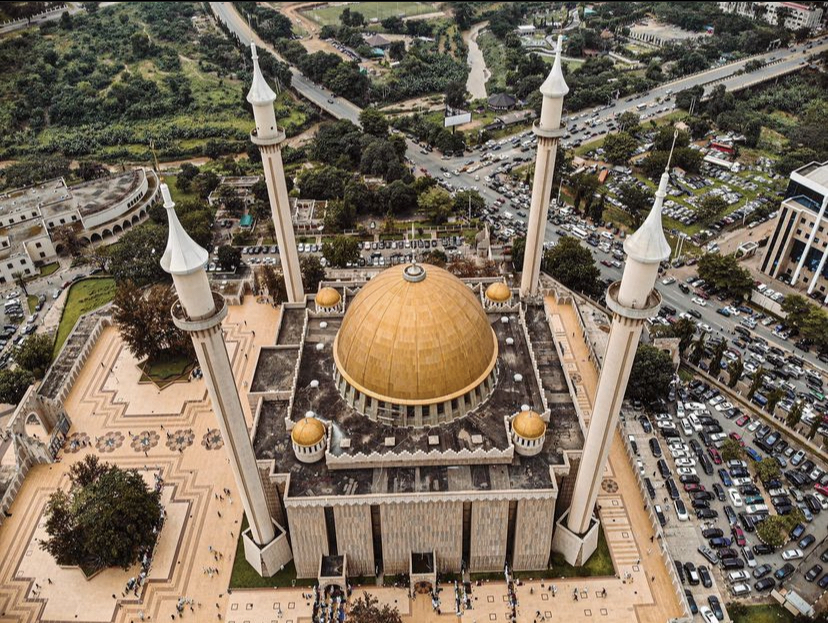
Abuja is home to Nigeria’s largest mosque, the National Mosque. This magnificent structure, with its golden dome visible from miles around, is situated near the city center and symbolizes its religious diversity. With a capacity of over 20,000 worshippers, it serves as a spiritual gathering place for Muslims from all over the country.
Houses Nigeria’s Most Modern Church

Just as the National Mosque symbolizes Islam, the National Christian Centre represents the Christian faith in Abuja. This unique church’s striking triangular design reflects modern architecture while maintaining its spiritual essence. It was built to serve as the primary worship center for Christians in the country, particularly for major national events.
Hosts Over 100 Embassies

Abuja’s status as a global diplomatic hub further emphasizes its strategic role as Nigeria’s capital city. The city is home to over 100 embassies and high commissions representing countries worldwide, and the concentration of foreign missions in Abuja has helped foster strong diplomatic ties between Nigeria and other nations.
Was Inspired by Brasilia
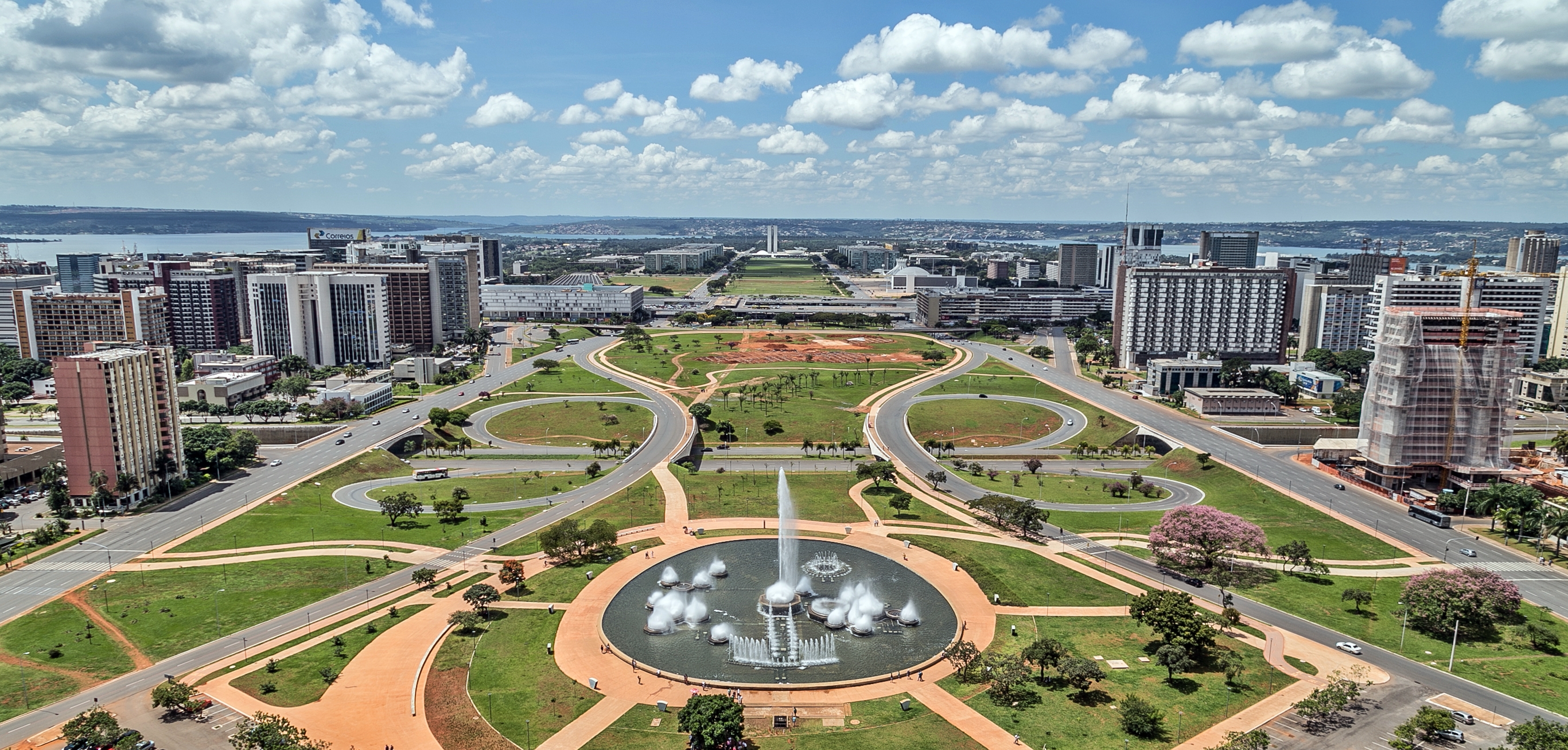
Brasilia, Brazil’s purpose-built capital, heavily influenced Abuja’s design. In the 1980s, Nigerian planners sought to create a capital to accommodate the growing population while displaying modern architectural styles. This master plan, developed by Japanese architect Kenzo Range, is known for its geometric layout and spacious design, much like Brasilia’s.
Home to Some of Africa’s Oldest Rocks

As mentioned earlier, Aso Rock and Zuma Rock are two of Abuja’s most prominent geological features and are believed to be over 600 million years old. These ancient rocks form part of West Africa’s oldest geological formations and offer a glimpse into the region’s deep natural history. Their age and size have made them physical landmarks and cultural symbols for the people of Nigeria.
The National Stadium is in Abuja

The National Stadium is a major sporting venue in Nigeria. It hosts international and local events, including football matches, athletics competitions, and concerts. With a capacity of around 60,000 spectators, the stadium is one of the largest in Nigeria and a focal point for Nigerian sports. It has hosted numerous significant sporting events, including the 2003 All-Africa Games.
